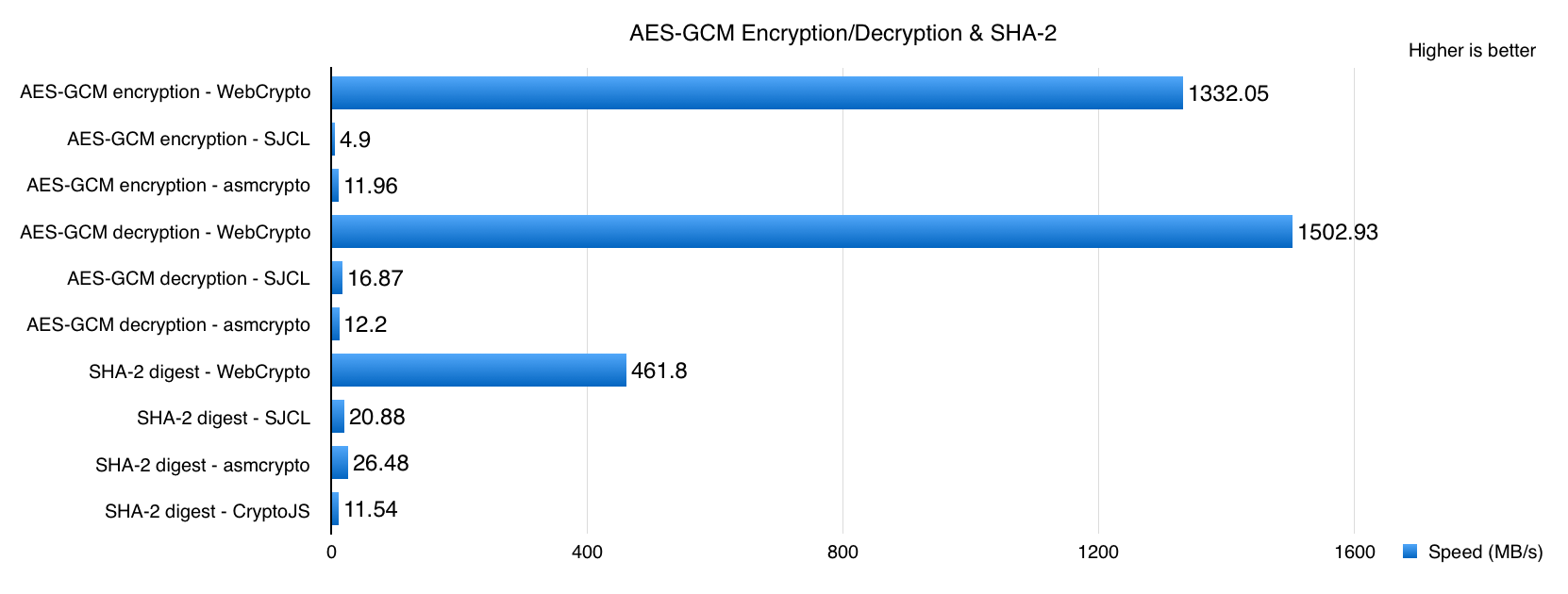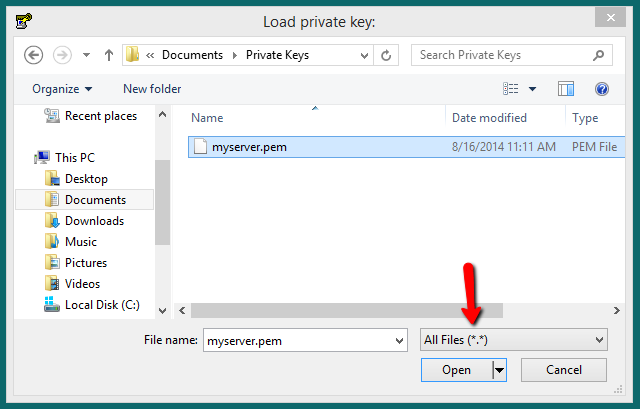Generate Ppk File From Private Key
Converting.Pem to.Ppk on Windows. Click on Start menu All Programs PuTTY PuTTYgen. The following window will present with options on the crucial a user wants to generate. Select the option ‘RSA (Rivest–Shamir–Adleman). Next, click on the option ‘Load.’. Jun 21, 2016 ☰Menu SSH and Transfer Files using Putty Private Key (.ppk) 21 June 2016. For a concise summary, skip to the end! Recently, I was given access to a server which requires key authentication using a PuTTY key (with the extension.ppk). Windows - convert a.pem file to a.ppk file Start PuTTYgen, and then convert the.pem file to a.ppk file. For detailed steps, see Converting Your Private Key Using PuTTYgen. Windows - convert a.ppk file to a.pem file Start PuTTYgen. Under Actions, choose Load, and then navigate to your.ppk file. Choose the.ppk file. In a nutshell, you will generate a public and private key pair. The public key will be placed on the server by your system administrator, giving you access. You will keep the file containing the private key in a safe place. You’ll login by simply by providing that private key file to your SSH or SFTP supporting client. It really is that simple. By default, PuTTYgen displays only files with the extension.ppk. To locate your.pem file, select the option to display files of all types. Select your.pem file for the key pair that you specified when you launched your instance, and then choose Open. Choose “OK” to dismiss the confirmation dialog box. Choose Save private key to save the key in the format that PuTTY can use. PuTTY does not natively support the private key format (.pem) generated by the AWS console for SSH to EC2s. PuTTY has a tool named PuTTYgen, which can convert keys to the required PuTTY format (.ppk). Apple pem certificates with public key generated key. You must convert your private key into this format (.ppk) before attempting to connect to your instance using PuTTY SSH or WinSCP SFTP.
The public key can be made public to anyone, while the private key must known only by the party who will decrypt the data encrypted with the public key. 
Note: If you're planning to use the private key with the ppk format for a SOCKS5 proxy connection on Linux, then you must set a passphrase. An easier way is to use the private key without the ppk format. Name the privateKey.ppk file and save as type.ppk (PuTTY Private Key Files), by entering the.ppk extension. This ensures that you aren't.
You can convert your Putty private keys (.ppk) to base64 files for OpenSSH or OpenSSL.
With puttygen on Linux/BSD/Unix-like
If you are using the unix cli tool, run the following command:
You can also generate a public key for your SSH servers using one of the two following commands based on your server:
You private key can be used with OpenSSH or Openssl-based software. The public key can be used with OpenSSH.
Although we recommend using different private keys as much as possible, you can reuse the newly generated key to make a CSR using OpenSSL.

With Puttygen on Windows
Generate .ppk File From Private Key
- Open Puttygen and click on Load in the Actions section.
- Then, select your PPK file.
- Your key has been imported.
- Then, go to the Conversions menu and select Export OpenSSH key.
- Name your private key and save it.
- In the main window, select Save public key in the Actions section.
- Name and save your public key.